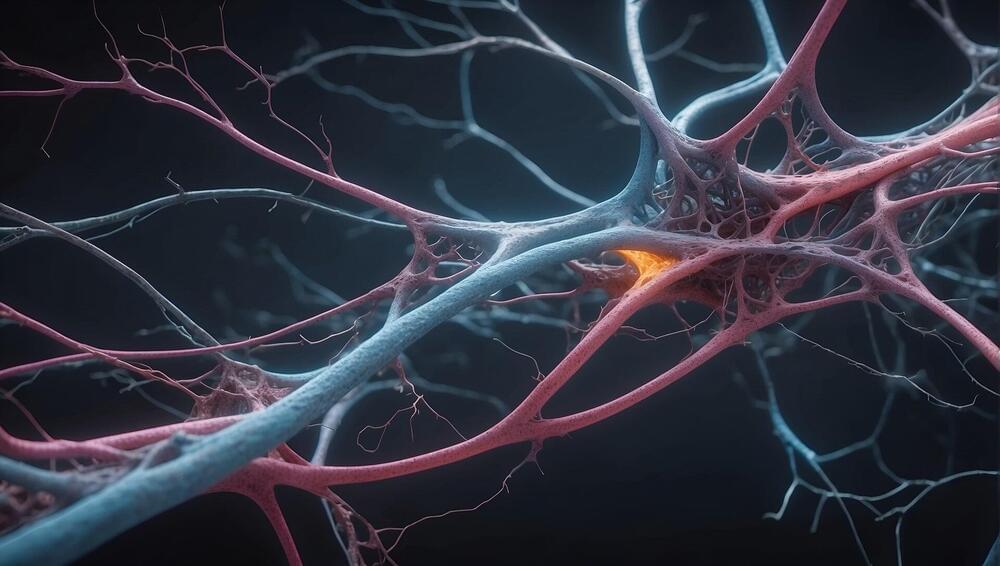Neurological disorders, such as trauma, stroke, epilepsy, and various neurodegenerative diseases, often lead to the permanent loss of neurons, causing significant impairments in brain function. Current treatment options are limited, primarily due to the challenge of replacing lost neurons.
Direct neuronal reprogramming, a complex procedure that involves changing the function of one type of cell into another, offers a promising strategy.
In cell culture and in living organisms, glial cells—the non-neuronal cells in the central nervous system—have been successfully transformed into functional neurons. However, the processes involved in this reprogramming are complex and require further understanding. This complexity presents a challenge, but also a motivation, for researchers in the field of neuroscience and regenerative medicine.










Leave a reply